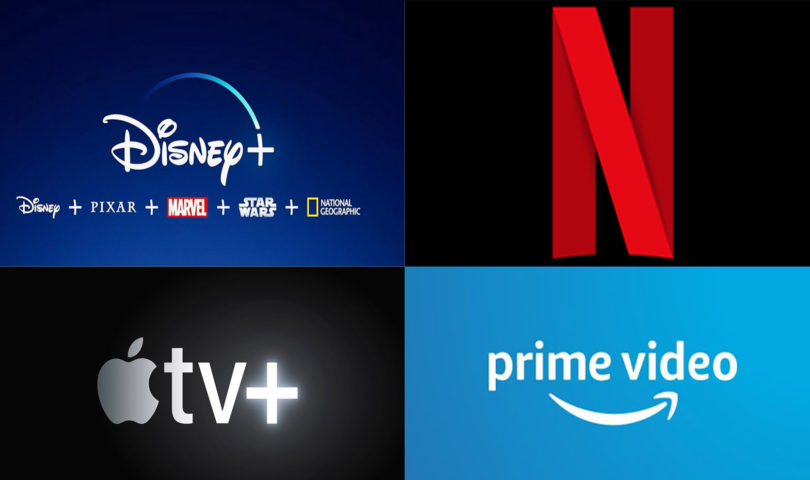This past June, fans of “The Office” were shocked to learn that the massively popular sitcom would be leaving Netflix. NBCUniversal, the company that owns the rights to the show, released a statement informing fans that the sitcom would be leaving Netflix and be exclusively feature on NBC’s own standalone streaming service. However shocking this announcement was, the move was hardly original and reflects a growing trend in the entertainment industry: companies canceling or moving their properties to new streaming services of their own making.
There is now an Apple TV+, Disney+, BBC’s BritBox, and DC Universe, all looking to take their popular shows off services such as Netflix and Hulu to draw viewers to their new services. Each one looking for a slice of your wallet every month, what does this mean for the average consumer? To most streamers, this may not seem such an issue. After all, who’s going to pay for BritBox? But let’s be honest, when “The Office,” “Friends,” “Parks and Rec,” “Sherlock” and many more leave Netflix, the temptation to shell out $6.99 a month for a Disney+ or Apple TV+ subscription, platforms that come with not only popular shows such as these but a litany of original content, becomes much greater.
The real danger to the consumer, however, may lie in simply our inability to cancel things. Once you have a subscription to Netflix or Hulu, even one that you hardly ever use, there is always the possibility that something new and exciting will come on. Suddenly, everyone is talking about the new season of Stranger Things or Handmaid’s Tale both original shows for their respective platforms that have achieved mass popularity. When we cancel our subscriptions we risk missing out on the next Stranger Things. Even if we get Disney+ just to watch The Simpsons (thanks to Disney’s acquisition of Fox), once we’ve got it, that’s $6.99 a month we’re not liable to get back. Yet just as we run the risk of missing out on what everyone is talking about, we also run the risk of getting buried in a multitude of options and subscriptions we are unprepared to cut our ties with.
Yet perhaps there may be benefits to this new trend. Since now streaming platforms are forced to rely on their ability to draw crowds with creative, quality original content to gain subscribers, this could potentially mean a more competitive market for TV shows and film. As the likes of Netflix, Hulu, Apple, Disney, and DC now directly compete with each other, the results may be quite positive. So, as long as we keep our heads and wallets above water in the wake of endless new streaming platforms, there may yet be something for us to gain (even if that means no more of “The Office”).

